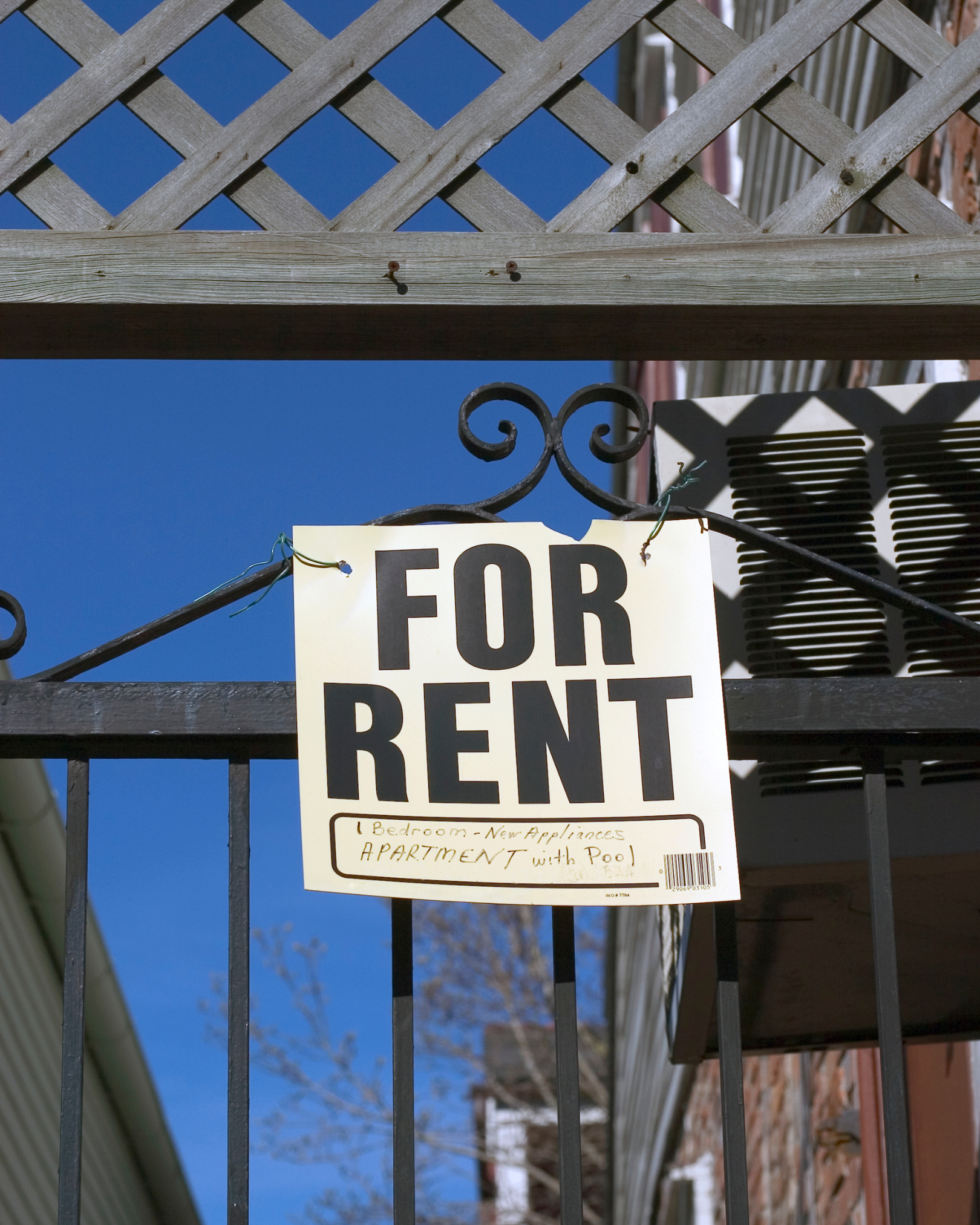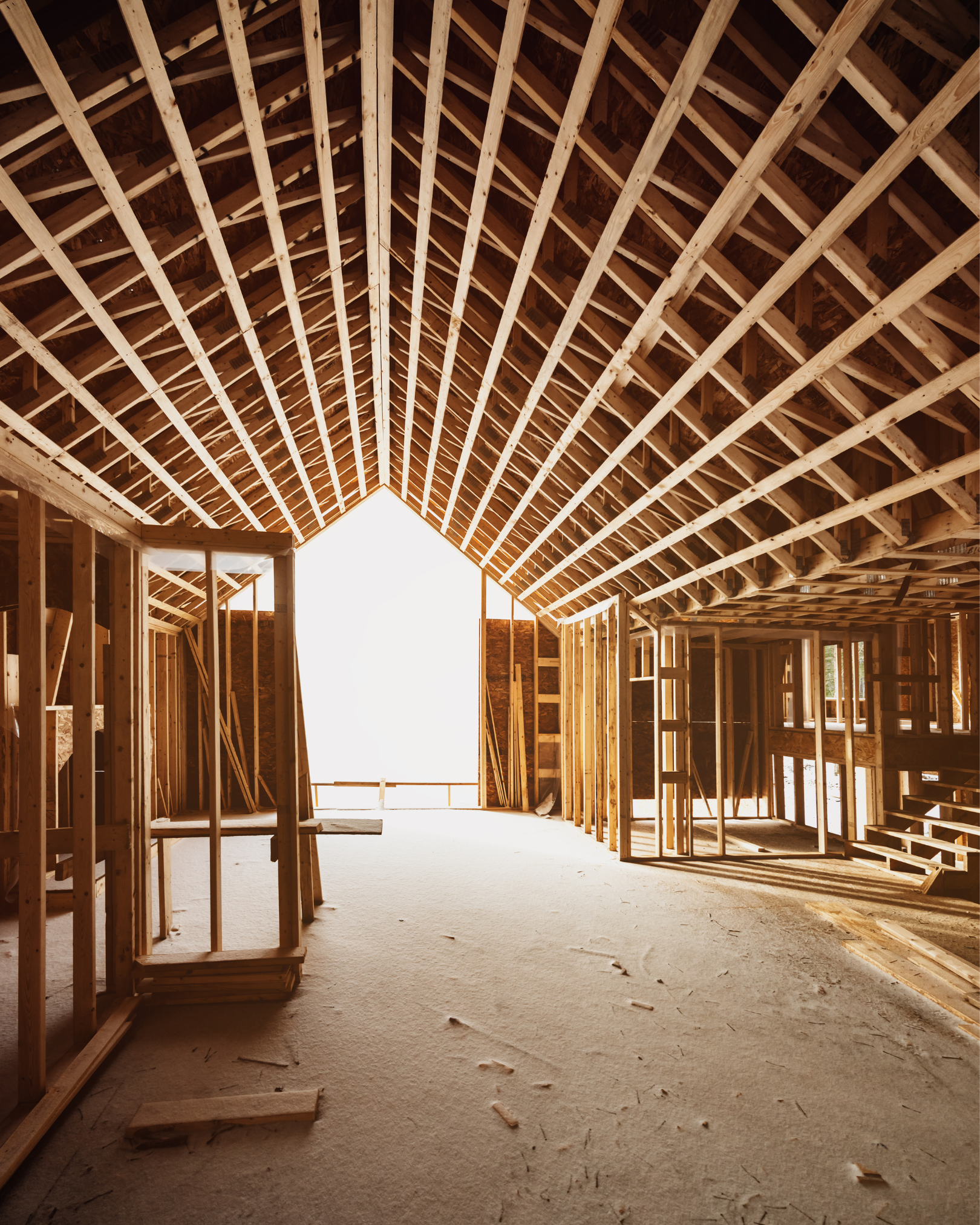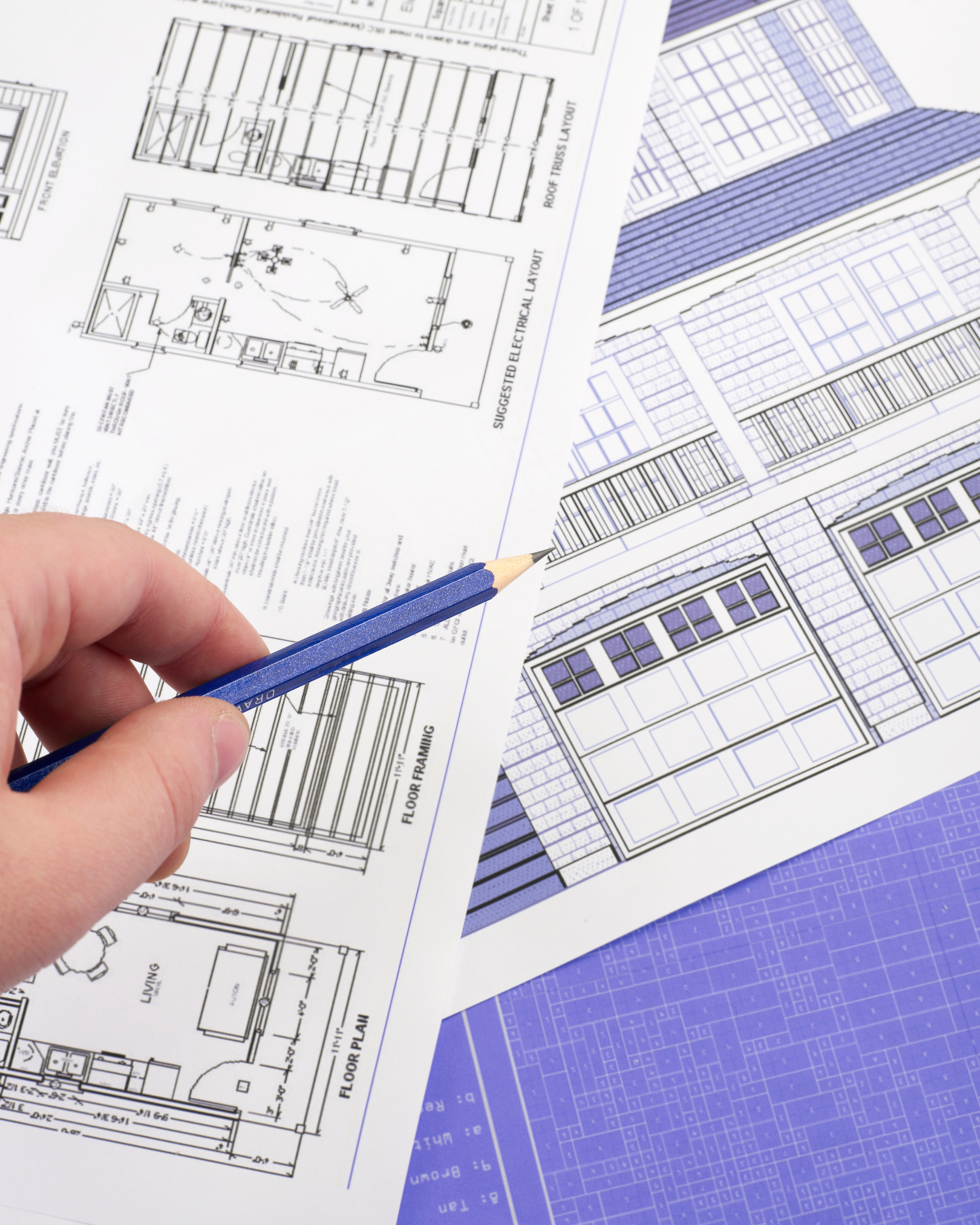Trusted Property Appraisals & Expert Consulting – Accurate, Reliable, Professional
Request your Property Appraisal Today! Whether you need a valuation for buying, selling, or refinancing, our state-certified appraisers deliver accurate and reliable results.
If you are preparing for the appraisal inspection or have questions about the appraisal process, schedule a consultation with the State Certified Appraiser.
Appraisal inspections can feel overwhelming, so we’ve addressed the most frequently asked questions to help you prepare. For more specific concerns, please don’t hesitate to contact us directly.
What is a home appraisal?
A home appraisal is an unbiased estimate of a property’s market value conducted by a state-licensed or state-certified appraiser.
Why do I need an appraisal?
Appraisals are required for mortgage lending purposes (purchase / refinancing), home equity loans, estate planning, divorce settlements, and tax assessments.
Does a home appraisal expire?
Appraisals are generally valid for 3 months; however, depending on the lender’s requirements and market conditions, it could be up to 6 months.
Can an appraisal be disputed?
If you believe the value is inaccurate, you can provide additional relevant comps or data, or if you spotted significant errors, you can request a reconsideration.
How long does an appraisal take?
The inspection typically takes 30 minutes to a few hours, depending on the property complexity, and the final report is usually completed within 3-5 days.
Appraisal Services

Single Family Properties
A single-family home is typically a standalone residential property designed for one household, offering private living space and exclusive ownership of the land. These homes typically feature their own entrances, yards, and utilities, providing more privacy and independence compared to multi-unit dwellings.

2-4 Family Properties
A 2-4 family property is a residential building containing two to four separate living units, each with its own entrance, kitchen, and bathroom. These properties offer investment potential by allowing owners to occupy one unit while renting out the others, generating rental income while maintaining residential financing eligibility.

Condominiums
A condo (condominium) is a privately owned residential unit (one or multi-level) within a larger building or community, sharing common areas such as hallways, amenities, walkways, and exterior spaces. Condo owners have full ownership of their unit while jointly maintaining shared spaces through a homeowners’ association (HOA).

Cooperatives
A co-op (cooperative) property is a housing arrangement where residents own shares in a corporation that owns the entire building, rather than owning their individual units. Shareholders have the right to occupy a specific unit and must follow the co-op board’s rules, policies, with decisions on maintenance and fees.

Rent Survey
A rent survey is a market analysis that evaluates rental rates for similar properties in a specific area to determine fair market rent. It involves collecting data on comparable rentals, including location, size, amenities, and lease terms, to help property owners, investors, and lenders make informed decisions.
Additional Appraisal Services

New Construction Appraisals
Projection of value assessment based on plans, materials, and market trends.
Ensuring loan alignment with future marketability and construction quality.

Proposed Property Appraisals
Estimation of future property value based on plans and market data.
Determination of feasibility and loan support for planned construction.

Investment Property Appraisals
Evaluation of income potential and market value for investment viability.
Assessment of rental income, expenses, and property appreciation trends.

Appraisal Consulting
Explanation of the Appraisal Process and Appraisal Inspection.
How to Prepare and What to Expect During and After an Appraisal Inspection of your property.

Appraisal Review
Ensuring accuracy and compliance by analyzing appraisal methodology and conclusions.
Explaining and reviewing the possibility of an appraisal dispute with the lender.
About US
For over 20 years, our appraisal company has been a trusted provider of residential property valuations across New Jersey. We specialize in delivering accurate, reliable appraisals for homeowners, lenders, attorneys, and real estate professionals. With extensive experience in market analysis, new construction, and complex property valuations, we ensure precise assessments that meet industry standards and regulatory requirements. Whether you need an appraisal for a home purchase, refinance, estate settlement, or investment analysis, our expertise and commitment to quality make us the go-to choice for residential appraisals in New Jersey.
For millions of Americans, real estate — in the form of their homes and land — is the largest investment they will ever make, and the single most valuable asset they’ll ever own.
Homeownership is more important now than a few years ago. 78% of respondents believe owning a home is very important, 6% higher than in 2021. The most important reasons to own a home were that homes provide stability (39%), are good investments (35%), and provide safety for the individual and family (33%). About 58% of respondents believe home buying has become more difficult in the last few years.
U.S. Mortgage Insurers (USMI) Survey, October 2024.
The most common reasons to schedule a property appraisal
Selling a Home
To determine the current fair market value and price the home more accurately, and to make the right decisions before listing the property for sale. It helps to understand and avoid underpricing or overpricing (leading to extended market time or no offers).
Refinancing a Mortgage
Lenders require an appraisal to assess the current market value of the home, ensuring the loan amount is supported by the property’s value.
Property Tax Appeals
If a homeowner believes their property is over-assessed and is paying too much in taxes, an appraisal can be used to support an appeal.
Estate Planning or Settlement
An appraisal is often needed for tax reporting and equitable distribution when planning an estate or settling the estate of a deceased person.
Divorce or Legal Separation
To determine an unbiased and defensible market value for equitable asset division in divorce proceedings or legal disputes.
The most common reasons to consult with an appraiser
How to Prepare for a Home Appraisal
An appraiser can help to identify and document relevant upgrades or improvements. Address potential issues (like permits, additions, or easements). Ask questions about what affects value and how to prepare the home.
Understand the Appraisal Process
A certified appraiser can explain how the process works, what factors affect value, and what to expect during the inspection—reducing surprises and misconceptions.
Guidance on Which Improvements Matter
Before making repairs or upgrades, an appraiser can help the homeowner understand which improvements actually increase market value and which may not yield a return.
Prepare Accurate Property Information
Consulting beforehand ensures the appraiser receives complete and correct data (e.g., permits, improvements, easements, or prior sales) that may impact the valuation.
Resolve Potential Red Flags
An appraiser can help identify and mitigate issues (e.g., code violations, encroachments, functional obsolescence) that may negatively affect value or delay the process.
